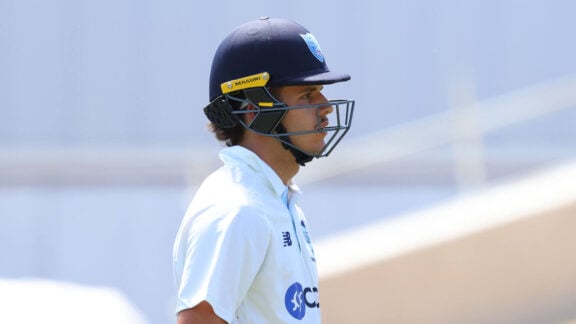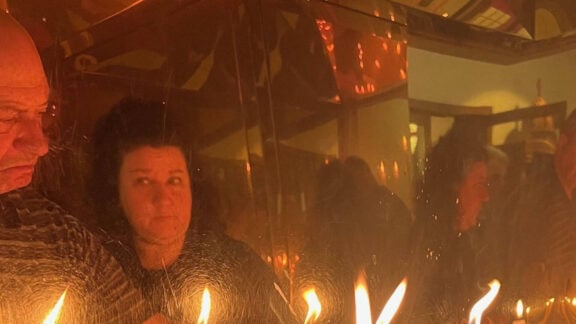VicHealth have released insights that reveals that young people are prepared to take a reality check to connect in-person and reduce screen time.
Surveying 1000 Victorians aged 18-25, Vic Health found that 8 in 10 young people admit they spend too much time on screens, with 6 in 10 wanting to reduce this time.
Almost half, 44 per cent, of people wanted to cut back their screen time by an hour or two and 9 in 10 young Victorian also believe meaningful connections are good for mental health, but are less likely to meet face-to-face and connect better with people.
The ever-increasing digital world and coming out of COVID, where people could only socialise online, have made people more inclined to connect that way. Up to 56 per cent of people surveyed feel that social media can help build meaningful connections.
There are also many barriers that prevent young adults from socialising, with 47 per cent of them pointing to not having enough energy, and 45 per cent saying they don’t have enough money.
In a statement provided to Neos Kosmos, VicHealth’s Social Connection and Mental Wellbeing Manager Kevin Kapeke said that young people told them they feel great when seeing friends in person, but many find it hard to so.
“It helps them build meaningful connections, and can foster a sense of belonging and community,” he said.
“But in this busy, digitally connected world, many are finding it tricky to see friends and family face to face. They also feel a bit out of practice since we’ve had to rely on screens to keep in touch through the pandemic.
“Our survey also found that young people understand the need for balance between the online and offline world, but need a bit of support to act. Social media and being online allows them to form new connections and maintain existing ones – but it can also pull them away from time spent hanging out in person.
“As part of VicHealth’s Future Healthy initiative, we’re working with influential young people to share their stories and tips to help others take a “reality check” and connect in person. We also have a range of free activities across the state where young people can connect in person.
Neos Kosmos talked with a number of young Greek Australians about their screen time habits.
Jim is a 20-year-old who works part time and studies full time at university says he participates in sport – basketball and karate. However, he believes that he spends an unhealthy amount of time on screens, particularly his phone, “even at uni” and “absolutely” wants to limit this.
“Having connections in person helps me have an outlet. Being able to go somewhere and talk to my friends helps with my mental health and overall mood,” Jim told Neos Kosmos.
Dimitria, a 22-year-old who works casually and is also a full time university student said she is “glued” to her phone when she’s home but isn’t motivated to cut screen time at the moment.
“The main barriers for myself and probably a majority of others to socialising in person are money, transport and no energy, however it depends on the situation. The majority of the time I will say energy is my biggest barrier as I can still socialise without money,” Dimitria told Neos Kosmos.
An 18-year-old high school student, who wished to remain anonymous said she works casually but “spends way too much time” on her phone, even when doing other activities. Social media is the way she socialises with friends and others.
A 23-year-old contractor who also remained anonymous said that between work and home, he thinks he needs to limit screen time. As he and his friends “all work full-time, gaming and social media” is how they keep in touch mostly. Another 21-year-old part time worker again anonymous, does not think she spends too much time on screens.
“I doesn’t really think on it too much, maybe I do spend too much time, but I haven’t noticed it affect me,” she said.
Just as VicHealth have found with their study, while these young Greek Australians, believe they are spending too much time on screens, they also find social media helpful in building and maintaining connections.
For the report from Vic Health go to http://bitly.ws/L8Eb








